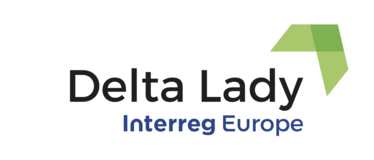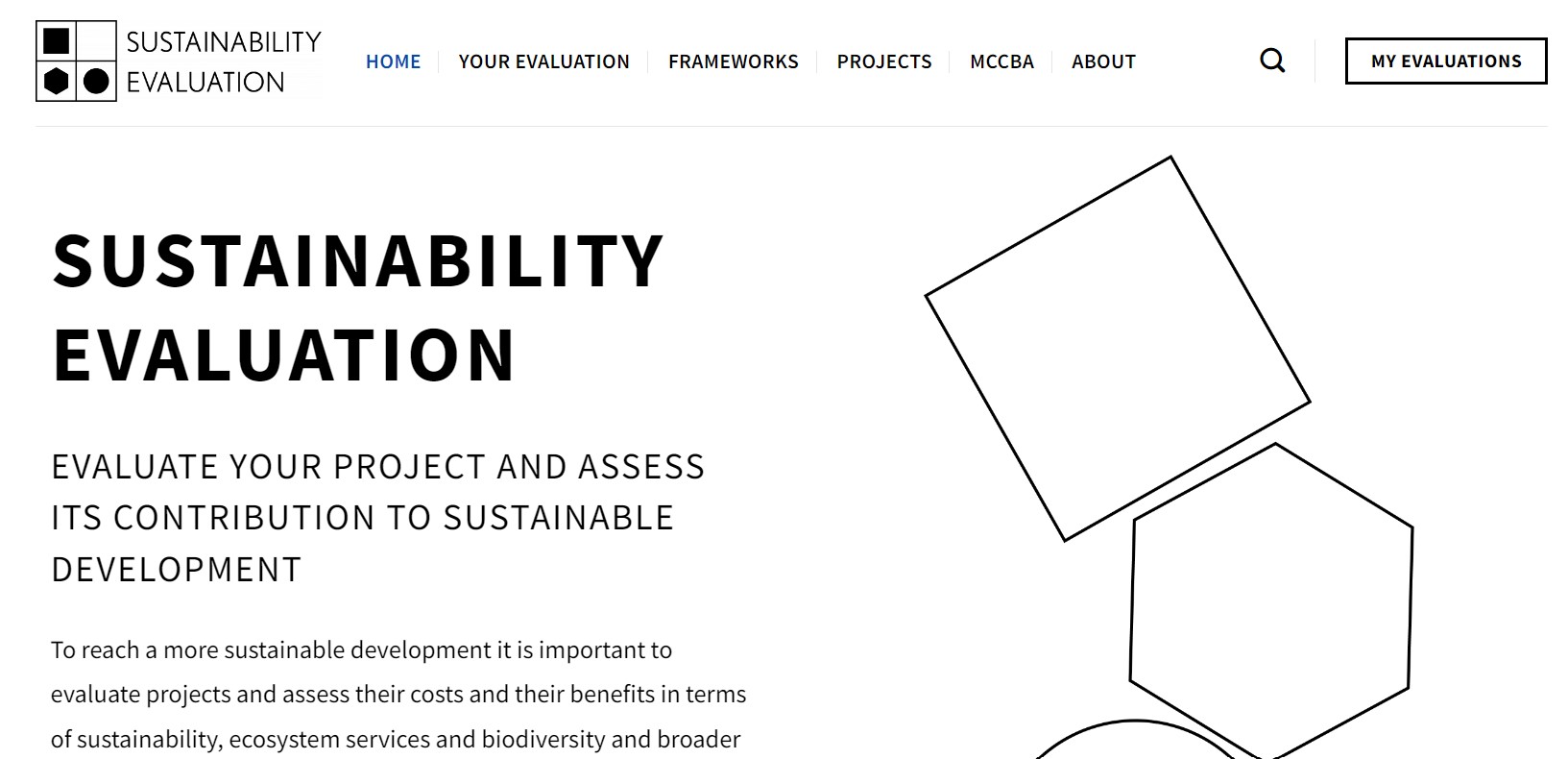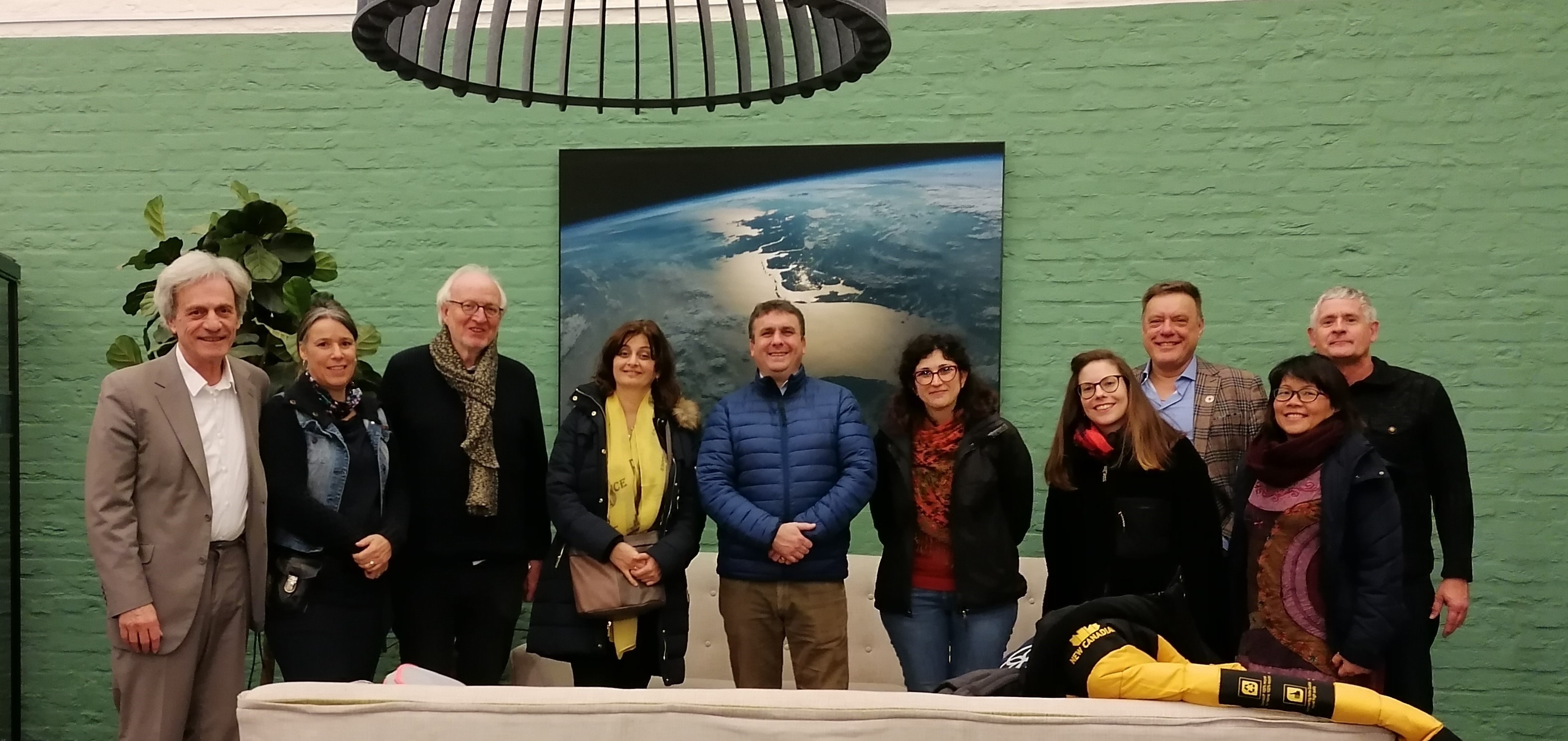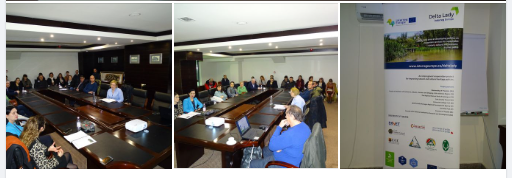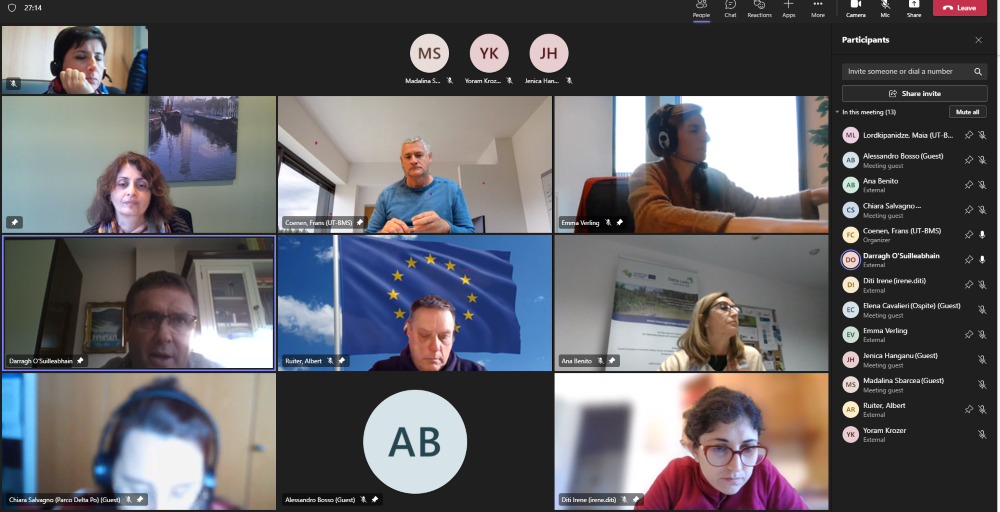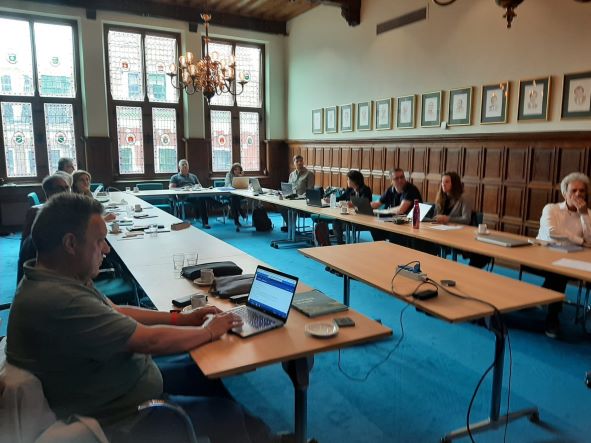Irish partners organized the 5th RSG meeting on Tuesday 17th November 2020 from10:30 am – 12:00 pm online via Zoom calls. The meeting was attended by the project RSG group members who have been selected on the basis of identified relevant representative stakeholders/bodies in the Cork region who can provide policy input and advice on good practices throughout the project. In light of logistical difficulties posed by the Covid-19 crisis, an online meeting was selected as the most suitable platform for a group meeting.
A quadruple helix approach was adopted incorporating representatives from University College Cork (UCC), different departments from Cork County Council (CCC), the Southern Regional Assembly (SRA), the Forestry Service, The Department of Agriculture, Food and the Marine (DAFM), LAWPRO, the Environmental Protection Agency (EPA), Teagasc, Inland Fisheries Ireland (IFI) and Youghal Socio Economic Group. Only two stakeholder group members contacted were not available to attend the meeting due to prior commitments including representatives from CCC’s Planning Policy Unit and Youghal Municipal District Office (MDO). These RSG members were contacted separately outside of the RSG meeting via a follow up online meeting and emails.

The main topics of the RSG meeting were Regional Action plan development, action selection and ecosystem services assessment methodology applied at a local scale in Youghal. Three main presentations were given to the group during the meeting with active group discussion encouraged after each.
The first presentation related primarily to a project progress update referring to online project consortium meetings, the 4th Policy focused RSG online, regional target policy delivery & local policy secondary focus, publication of two Good Practices (LAWPRO & the BRIDE project) on Interreg’s PLP Good Practice database, the postgraduate thesis, surveys and subsequent academic paper, University workshop held in October 2020, next steps of the project.
The second presentation set out the survey/assessment methodology employed as part of the postgraduate thesis & subsequent academic paper which looks at a method of incorporating ecosystem services assessment into local policy making.
The third presentation focused on project Regional Action Plan requirements and the 6 potential actions under consideration for inclusion in the project action plan. Following each of the presentations the RSG members were invited to ask questions and comment on presentations given. Open group discussion was encouraged to maximize feedback and inclusion of group members as part of a shared learning experience and inter-personal learning.
The main group discussion topics at the meeting were survey methodology for site assessment, proposed development sites under consideration in Youghal and potential action selection as part of the project Regional Action Plan. This aligns with the next focus of the project on final action selection for inclusion on the project Regional Action Plan due for finalisation at the end of Phase 1 and implementation during Phase 2 of the project.
During the meeting providing the opportunity for group discussion after each presentation worked particularly well encouraging interaction and reciprocal learning between the group members. Open discussion among the group showed active engagement with the project and was a positive feature of the meeting.
The main learning points from planning and performing the meeting were the need to ensure a suitable meeting platform re: time restrictions, how to structure condensed discussion points for online meetings and the different approach to encouraging online group discussion & managing the timing of online meetings.
In terms of policy context the achievement of the target policy through formal recognition of Ecosystem Services at a regional policy level in the the Regional Spatial and Economic Strategy (RSES) for the Southern Region was highlighted as excellent early achievement for the project in terms of delivery of the identified target policy instrument. It is now intended to shift focus to recognition of ecosystem services at a local level as part of the Cork County Development Plan review as a secondary target policy focus to be incorporated in the project action plan. Active engagement with CCC’s Planning Policy unit is ongoing in this regard.
The main conclusion reached from the meeting were related to: continued engagement on regional policy filter down at local levels, working with the stakeholder group members on selecting viable actions and developing the project Regional Action Plan, further development and investigation of the following: site survey assessment methodology as an evidence base model for inclusion of ecosystem services in policy and site specific development opportunities appraisals, and potential relevant projects, initiatives and funding opportunities that overlap with the project objectives.
